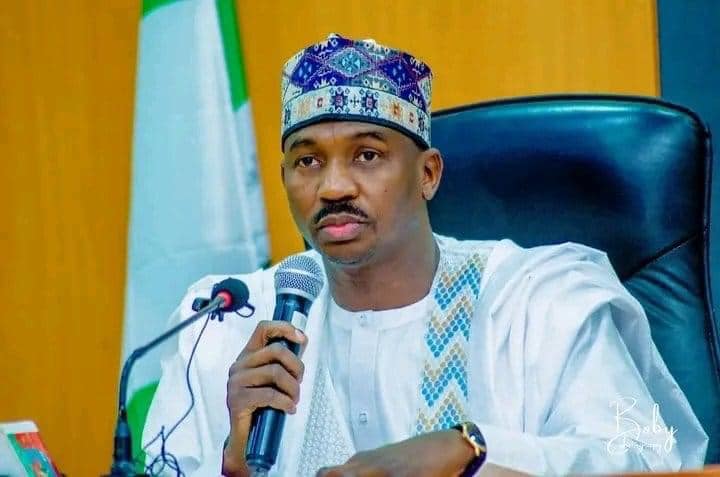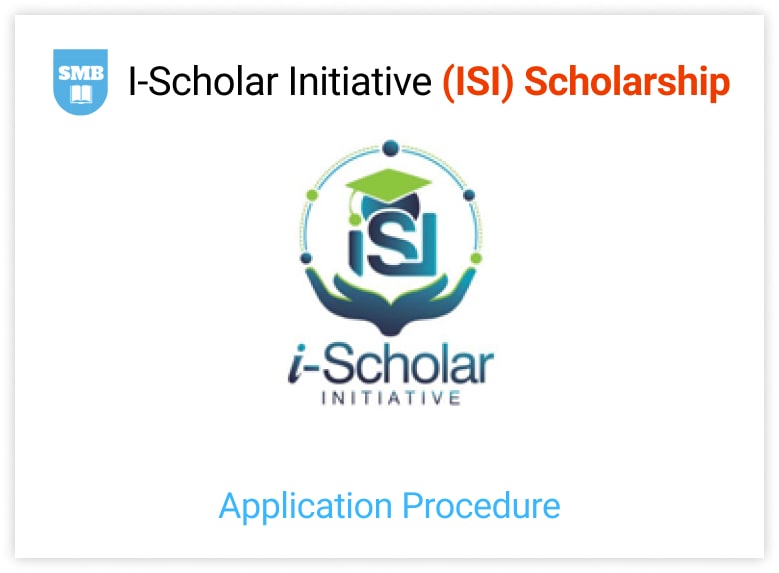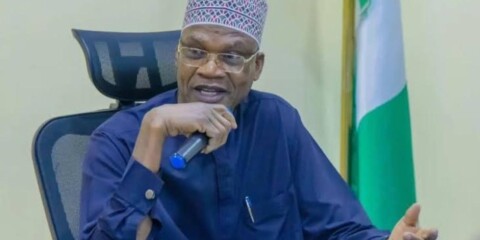The Sokoto State Government has announced plans to completely digitise its basic and secondary education systems within the next two years, aiming to enhance teaching quality, improve supervision, and streamline policy implementation across the education sector.
Speaking in Abuja on Monday, the State Commissioner for Basic and Secondary Education, Ahmed Ala, revealed that the initiative would significantly boost the efficiency of teaching and learning while enabling better oversight of teachers and education personnel.
“We intend to fully digitise the information management system for basic and secondary education in Sokoto State,” Ala said. “This will enable us to evaluate teachers and principals based on key performance indicators, such as teaching effectiveness and class attendance, while also monitoring how they execute administrative responsibilities.”
Ala explained that the digital platform, already in use, has allowed the state to assess and rank schools based on performance metrics. Schools scoring 14 points or more are rated as “very good,” while those scoring six or below are considered “poor.”
The platform, known as the Education Management Information System (EMIS), provides comprehensive, real-time data on school infrastructure, ICT access, libraries, and other essential resources. Ala emphasized that this system will also serve as a valuable tool for development partners, offering clear insights into the strengths and weaknesses of the state’s education landscape to inform planning and policy execution.
In addition to EMIS, the Teachers Management Information System will be deployed to gather data specifically on academic staff, further enhancing transparency and accountability in the sector.
Highlighting the crucial role of teachers in transforming education, Ala reiterated the state’s commitment to improving teacher quality. He disclosed that many teachers currently lack the necessary knowledge, skills, and experience to teach effectively at the secondary level.
“In response, we are aggressively rolling out teacher training programs. So far, we’ve conducted two training cycles, reaching over 2,500 teachers,” he stated, affirming the state’s broader goal of fostering a literate, high-performing society through strategic reforms in education.





